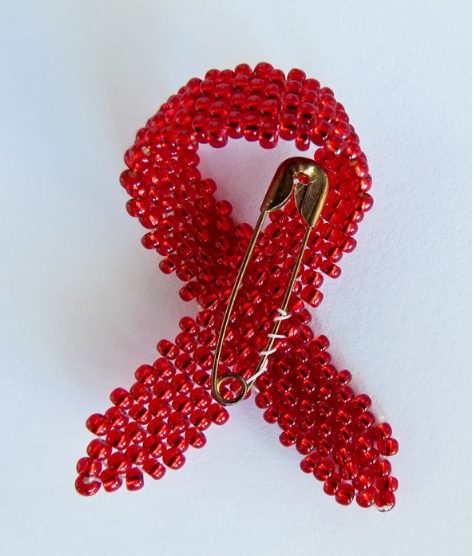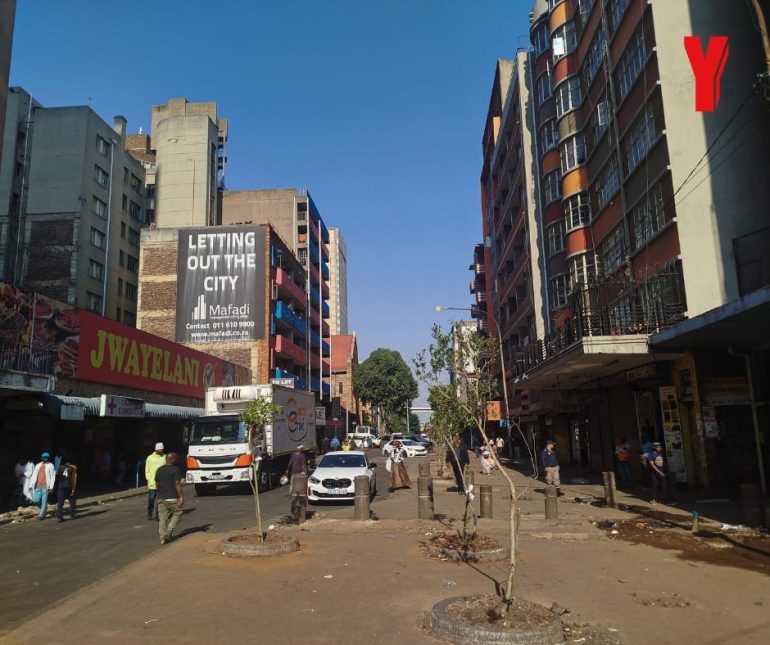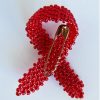Activists urge healthcare workers to end discrimination ahead of new PrEP rollout


Social justice organisation, the Soul City Institute, says that the new pre-exposure prophylaxis (PrEP) medicine, lenacapavir (LEN), is a significant game-changer for young women and other high-risk groups in South Africa.
Unlike daily pills or monthly injections, LEN is taken only twice a year, making it more practical and discreet, particularly for those living in unstable conditions, abusive relationships, or with limited privacy.
“So sometimes there’s no privacy when you have to take your pills, controlling relationships, and ongoing experiences of abuse. So for many, because of these barriers, the daily adherence isn’t just an inconvenience; it has been an unsafe and impossible step for them. So it’s important that we really cement the importance of this dosage. Again, linacapavir also has the potential to reduce stigma and discrimination, because we know that in as much although there’s been frameworks on mitigating, reducing the stigma around HIV and AIDS in South Africa, there’s still stigma and discrimination.”
The organisation’s comments come as the South African National AIDS Council, SAHPRA, the Global Fund, and the Department of Health host a two-day meeting in Kempton Park to assess the country’s readiness to roll out the new HIV prevention injection.
According to summit stakeholders, clinical trials show that lenacapavir is highly effective at preventing HIV when administered every six months. It is already in use in the US, Europe, and Canada, and is now being introduced in several low- and middle-income countries, including South Africa.
Experts say that if widely adopted, lenacapavir could significantly accelerate South Africa’s efforts to eradicate AIDS.
Speaking to YNews, Soul City Institute’s Advocacy Officer, Siyanda Magayana, stressed that the rollout must take an inclusive and intersectional approach — acknowledging how gender, poverty, geography, age, race, sexuality, and disability intersect to heighten vulnerability.
Magayana added that rural girls, queer youth, sex workers, and people with disabilities face distinct challenges and must not be left behind.
She further emphasises that tackling or addressing the scourge of HIV in South Africa, the responses must reflect that reality.
HIV/AIDS activist organisation, the Treatment Action Campaign (TAC), has also weighed in, echoing the concerns raised by the Soul City Institute.
According to TAC’s Ritshidze report, the most vulnerable groups in society stand to benefit the most from the new HIV prevention injection, yet continue to face widespread judgment and discrimination at healthcare facilities.
“… we’re referring to gay, bisexual, and other men who have sex with men, people who use drugs, sex workers, and trans people. This is because they are at the highest risk of getting HIV, and we know that from modelling, this will have the biggest impact in South Africa.”
Treatment Action Campaign (TAC) Project Coordinator, Ndivhuwo Rambau, has warned that funding cuts and poor healthcare conditions pose major obstacles to the successful rollout of lenacapavir.
Rambau urged the health system and government to urgently strengthen services, train healthcare workers, and ensure that all people — especially key populations — can access care safely and without fear of stigma or judgment.
“Members of key populations must be treated with compassion…”
Written by: Nokwazi Qumbisa
Health Department HIV PrEP prevention injection rollout SA AIDS council SAHPRA Soul City TAC
Similar posts
Current show
Upcoming shows

Savage Nights with Thabo X and Shamiso
10:00 pm - 12:00 am

Playground
12:00 am - 5:00 am

The Way Up with Nia Brown and Okay Wasabi
5:00 am - 9:00 am

Morning Break with Xtremme
9:00 am - 12:00 pm

The Lunch League with FreshByCaddy and Yvette Floss
12:00 pm - 3:00 pm
Latest posts
COPYRIGHT 2023







